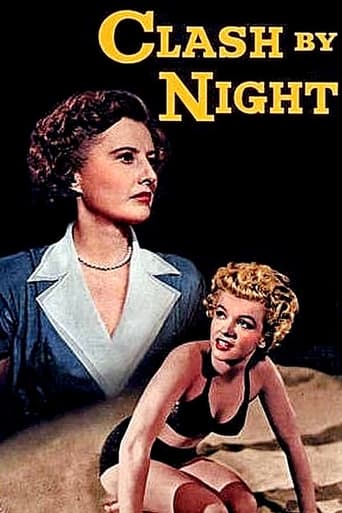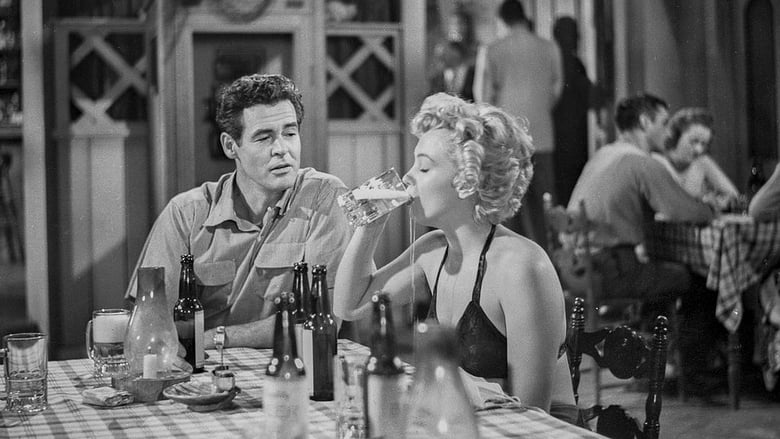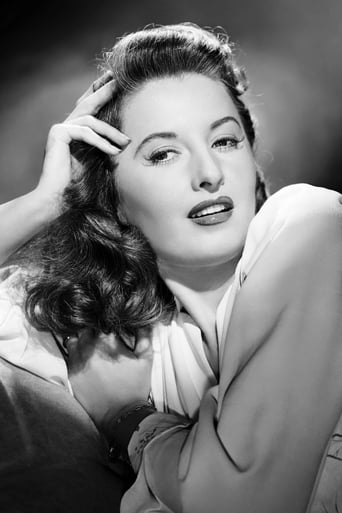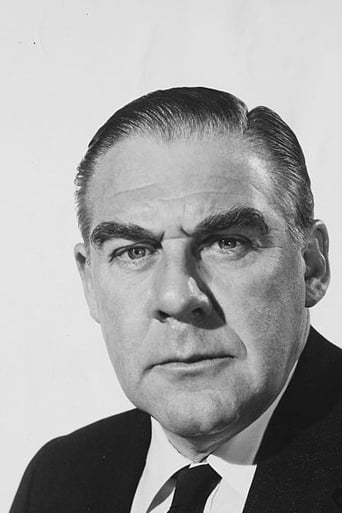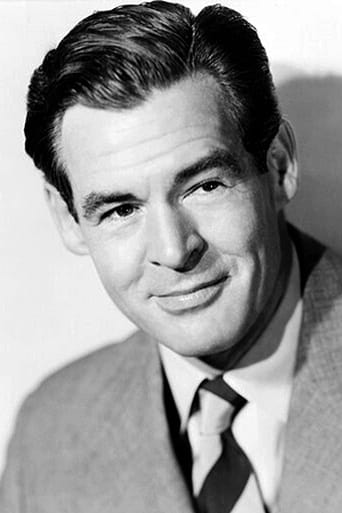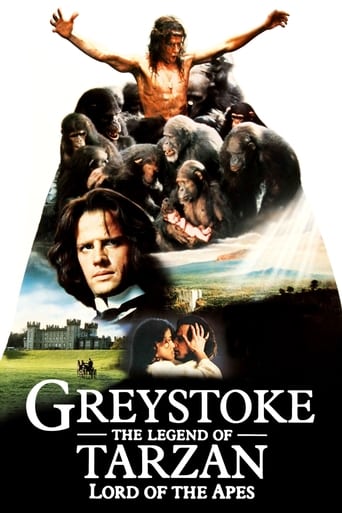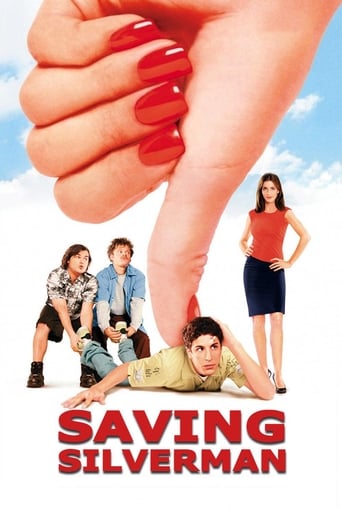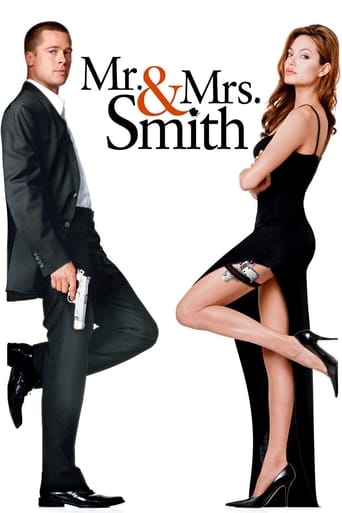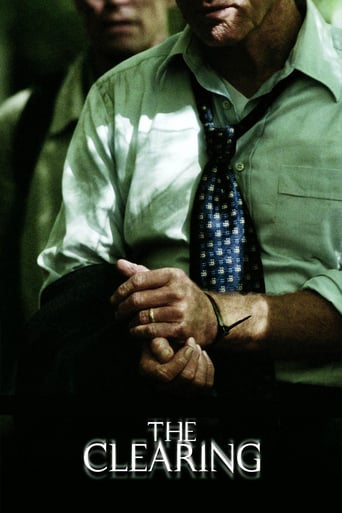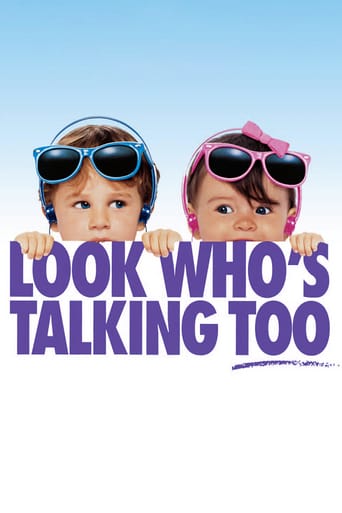Clash by Night (1952)
An embittered woman seeks escape in marriage, only to fall for her husband’s best friend.
Watch Trailer
Cast


Similar titles
Reviews
The title of Fritz Lang's Clash by Night and its placement in his filmography might lead you to expect a film noir, and a couple of its characters (played by Barbara Stanwyck and Robert Ryan) express themselves almost entirely through noir-soaked barbs and aphorisms, reflecting the tortured worldviews beneath. But they're heavily displaced from noir territory (Ryan's character works as a projectionist, a neat evocation of such displacement), set down in a fishing village, both reeling from recent bumpy emotional rides. The film starts by immersing us in the ships, the unloading of the catch, the processing, the surrounding culture, and never loses its sense of that setting; at other times, in its growing sense of domesticity as prison and in the expressiveness of its interiors, it feels like Douglas Sirk as much as Lang. Despite her better judgment, Stanwyck's May gives in to the pursuit of fishing captain Jerry (Paul Douglas), a man too decently straightforward to arouse her interest, and tries to make it as a wife and mother; it's inevitable that his self-loathing friend Earl (Ryan) will eventually constitute a more interesting proposition. The movie teems with portrayals of flawed masculinity - old drunks, younger men with overly fixed ideas about what they expect of their women; it also has Marilyn Monroe as Stanwyck's main female confidant, astute enough to see her point of view, but not to avoid similar traps. Whether one categorizes it as noir or domestic melodrama or an amalgam of both, it's a compellingly articulated study, with a "happy" ending (at least in the sense that it tends to the imperatives of domesticity and continuity over those of uncertain desire) so compromised and understated that it allows no clear winners. In this sense, as in Lang's greatest films, the implications run wide and deep, to a clash and a night that may never end.
In that book, Ms. Gottlieb pretty much says "forget love and stars and romance and all that stuff. If you are a woman and you are past 30 and you are alone, just find some affable beta provider, hold your nose, and marry him before what few viable eggs you have left are using walkers". Well, this film shows the tough sharp-edged yet censor scrubbed tragic results of employing that philosophy.We're lucky that the studio system of the 50's didn't have the same standards as today - casting actresses aside as "too old" as soon as they appear old enough to legally drink. Such a standard would have deprived us of some of the finest performances of Bette Davis, Katherine Hepburn, and of course, Barbara Stanwyck, this being one of her finest but less known performances. For that matter, the casting of the entire picture is just perfect.Ms. Stanwyck plays Mae, a woman who left her home town of Monterrey ten years earlier in search of love and adventure, fell in love with a married man who died on her, and was cast aside by the man's legitimate family and friends. Thus she returns home hardened and cynical, with a less than warm welcome from her long lost brother, Joe. Jerry, played by Paul Douglas, is a fisherman, large both in body and in heart, who falls in love with Mae, but seems somewhat emotionally needy. Mae reluctantly decides to marry him because she is seeking stability. After a year or so of marriage and the birth of a daughter, Mae realizes she feels trapped in her dull routine of a marriage. The love that gives the daily routine of life meaning to most people is just not there for her, although Jerry adores her. Earl, played by Robert Ryan, is Jerry's "friend" and is also a kindred spirit of Mae's. He, too, has been kicked around in life and has developed a hard and cynical outlook. He has everything that Jerry lacks, but seems to lack everything that Jerry has, starting with decency and a strong work ethic. Mae realizes that Earl is bad for her, but ultimately loses her fight in being attracted to him. The fact that Mae is his best friend's wife doesn't stop Earl from seducing Mae in Jerry's own home, and then carrying on a clandestine affair with Mae for months, until clueless Jerry is alerted to the situation by his nimrod uncle.Confronted by her husband, Mae must choose between the two men, and probably most definitely would have chosen Earl over Jerry if it had not been for her daughter. This is the most forced part of the plot development. We don't just see Mae deciding to stay with Jerry because of her daughter. Instead, she seems to have a complete about face in attitude that comes out of nowhere. The film would have us believe that the change came from hearing her own callous attitudes coming from the lips of her lover, but then she's probably been hearing these kinds of words from him for the last several months that they have been carrying on their affair, so this epiphany does not make a lot of sense.Some parts of this movie are timeless - love and security versus passion and danger, dealing with the consequences of one's actions, and how life's inevitable disappointments make some people hard and cynical. However, some are dated - the most prominent example being Mae's brother Joe and his relationship with his fiancée, Peggy, played by a young Marilyn Monroe. Joe might have appeared as a man who was taking charge of his situation in his rough treatment of Peggy in 1952, but 65 years later he comes across as a wife batterer in the making.
Fritz Lang directed this soap opera-like story that stars Barbara Stanwyck as Mae Doyle, who returns to her childhood home to live with her brother Jerry(played by Keith Andes), and his girlfriend Peggy(played by Marilyn Monroe). She meets, marries, and has a child with a successful but simple fisherman(played by Paul Douglas) who one day introduces her to his employee and friend Earl(played by Robert Ryan) whom there is initial dislike, but eventual attraction, starting an affair between them with possibly tragic consequences... Good acting and direction compensate for soapy romantic triangle pretending to be a film noir.
A hardened woman returns home to a fishing village only to be caught between two men.At least the movie has Andes and Monroe whose characters come across as refreshingly natural, along with revealing stock footage of the fishing industry. However, the rest of the film is pitched about ten decibels over the top, with all the subtlety of a hammer blow. Douglas's Jerry is not just a nice guy, he's a rub-your-nose-in-it Nice Guy. Similarly for Ryan's cynical Earl and Stanwyck's hard case Mae. Not even such first-rate performers as these can overcome the relentlessly overblown dialog or stagy sets. Nor does it appear the three were allowed to shade their performances beyond one-dimensional caricature. At the same time, the symbolism of roiling seas and surging tide is about as necessary as gravy on soup. In short, the movie amounts to a textbook exercise of heavy-handed histrionics and too much talk, Fritz Lang or no Fritz Lang.I expect other reviewers are right about the material being shaped for 1950's audiences. In those days, one way of getting people away from TV was to promise them titillation since there was none on TV. But then producers faced the problem of Production Code limits on what could be shown or said on screen, especially in the way of sex. Thus, the emphasis in the film is on the atmospherics of desire instead of anything more literal. This results in a movie that, unfortunately, drowns in an overlay of heavy breathing, standard innuendo, and redundant symbolism. Such may have titillated audiences then; now there's just a dreary sameness in the repetition. At the same time, that turnaround ending shouldn't be overlooked. Unhappily, it's of the same Code-compromised sort that damaged more 50's movies than just this one.I guess my biggest regret is how the movie takes three of Hollywood's most capable actors and reduces them to near-caricature of their usual screen persona, Douglas and Ryan, especially. Here's hoping they were at least well paid.

